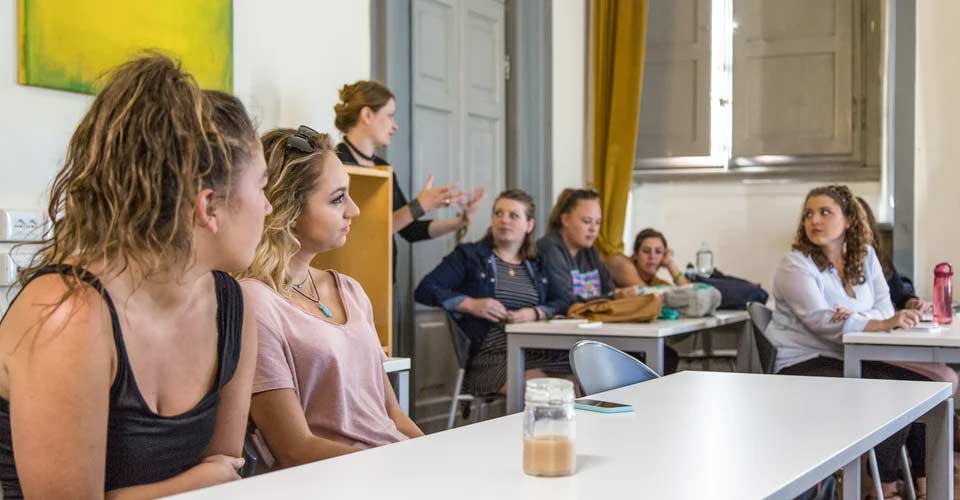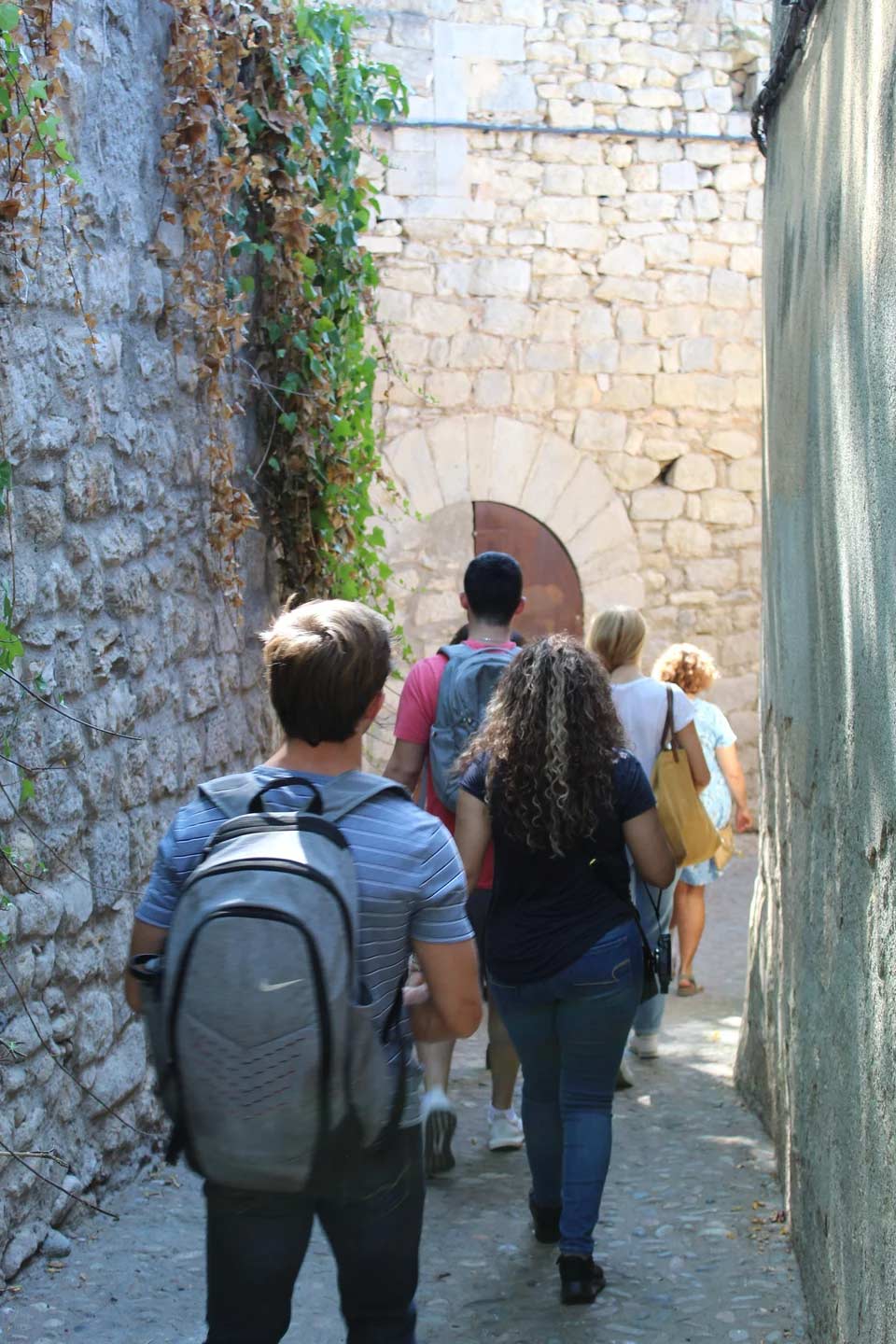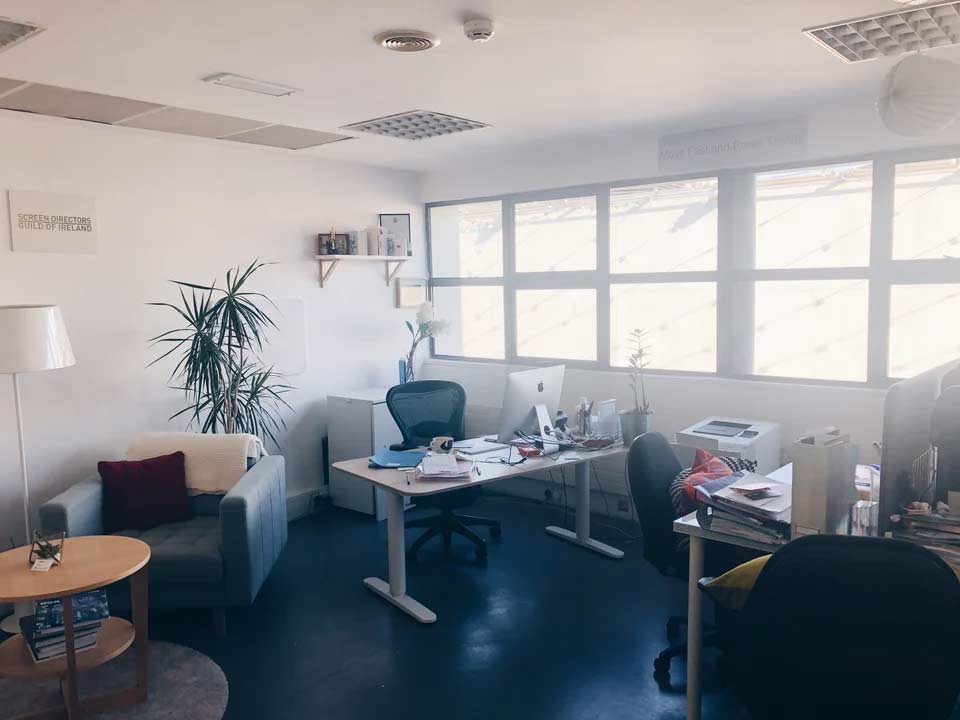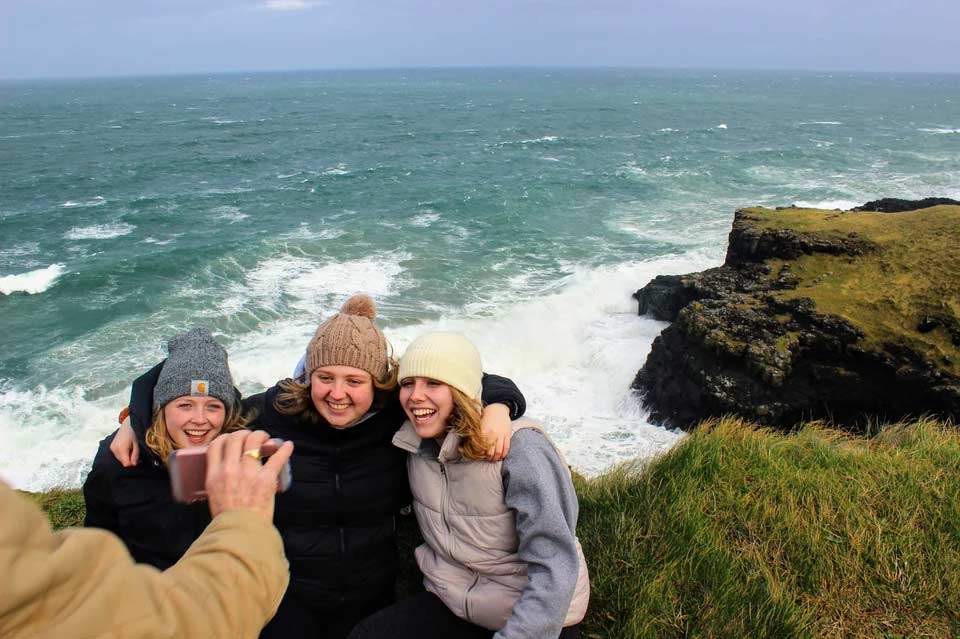
1. Overcome the challenges of living in another country and become more adaptable
The opportunity to study and or intern in another country can be a formative experience for many, although it does not come without challenges. However, we find that the challenges students face while living and studying in a new country"”such as homesickness or a lack of understanding of the country's work culture"”are barriers that students can overcome with time and the support of CEA CAPA staff and their peers.
"There are many short term and long term benefits to studying abroad with CEA CAPA. In the short term, we see the students develop many interpersonal skills and coping mechanisms. For some, this is the first time living for a long period of time away from their close support network, for others it is the first time they have had to share a bedroom with someone. These initial challenges encourage students to fine tune their communication skills and the way they deal with a situation that is unusual to them. We definitely see changes in the students' attitudes and behaviors from start to finish, with many students showing increased abilities in their organization skills, how they ˜buy in' to the local culture and interact with local staff and faculty."
- Daniel Cunningham

2. Experience personal and professional growth
Living and studying in another country can help you improve upon soft skills, including becoming more self-aware, courageous, and increasing your problem-solving skills. It can help you learn to listen and communicate better and become more culturally aware and empathetic. Studying abroad can also help you learn to manage your priorities. Between balancing classes and assignments, spending time with new friends, traveling and exploring, and potentially interning, you'll likely face a lot of competing priorities and it will be up to you to manage your time. This is a skill that will help you greatly in your future academic endeavors and in your career.
We asked our alumni to share some ways they have grown over the course of their CEA CAPA programs. Here's what they said:
"I absolutely enjoyed my time abroad and was able to continue to further my career in medicine because of it. It gave me a new insight on what it meant to care for patients and what profession I wanted to ultimately be in for the rest of my life. I was able to thoroughly grow by being on my own in another country and having to navigate with new people and environments."
-Aariyana Britton
"I experienced personal growth in my maturity. Being able to travel to different countries and understand how they think and view life gave me a different perspective. I enjoyed being able to develop a greater appreciation for the world as well as obtain knowledge about different cultures."
-Joshua Adlam
"I learned intercultural communication skills, and I had experiences you could only dream of at my home university."
-Bonnie Burke
"As I got used to talking to more and more people I didn't know, when I came back home my fear of asking questions, voicing my opinion, etc. was almost entirely gone. This helped me to do better in interviews, public speeches, and even just regular conversations."
-Diego Cuz

3. Earn credits toward graduation and learn from your Global City
When you study abroad, you can choose to take classes in your major, minor, or for general education or elective credit. If you choose to do an optional internship, you'll earn an additional three or six credits. As long as you plan ahead and choose classes that fit your course requirements, studying abroad should not hinder your ability to graduate on time. If you study abroad in the summer, it can even help you catch up or get ahead on credits you'll need for graduation. Schedule a meeting with your academic advisor at your university to find out about the courses you need to take and to discuss how study abroad will fit into your academic plan.
With CEA CAPA courses, you'll learn from your city in engaging courses that bring you outside the classroom. If you've been putting off taking your history general education requirement, a finance course, or a writing course since freshman year, take it abroad! You'll learn a lot about the city you'll be living in, and it will help you understand more about the culture as well.
We asked Daniel what students can learn on a CEA CAPA program that they won't necessarily learn at their home university. Here's what he said:
"The knowledge and growth each student gains through learning through a different lens in the classroom, interning in a different work culture, and participating in cultural activities and travel opportunities benefits them greatly by being able to broaden their understanding and approach to a wide range of issues and challenges that they are likely to face over the course of their lifetime."

4. Stand out from your peers
Studying abroad will set you apart from your peers, especially if you complete an internship. Just 1 in 10 U.S. undergraduates study abroad before graduating, according to Open Doors: Report on International Educational Exchange. During the 2017-2018 academic year, 341,751 U.S. students studied abroad for academic credit, and just 11% of those students participated in internships, volunteering, research, and non-credit work.
Daniel noted that "A student who chooses to study abroad already sets themselves apart by showing a willingness to learn and experience something different to what they are used to."
However, if you want to discuss your study abroad experience in a job interview, for example, it's not enough to say that you studied abroad. The important part is being able to articulate what you learned or how you've grown as a result of your experience. The good news is, as Daniel shared, "CEA CAPA also puts strong emphasis on teaching students how to reflect and articulate their study abroad experience which will make them stand out against their peers." Students reflect on their internships and build professional development skills during the weekly Global Internship Course (GIC) which accompanies all credit-bearing internships.

5. Improve your job prospects
Studying abroad can improve your post-grad job prospects and can even earn you a higher salary. In a survey from the QS Global Employer Survey Report, more than 80% of employers said they actively sought graduates with study abroad experience. In another survey, 41% of employers said they are more likely to offer a higher starting salary to a candidate who has studied abroad.
6. Build a global network and make lifelong friends
There will be plenty of opportunities to meet people and make friends in your housing, classes, internship, and even while traveling. We asked our alumni a few questions about their experience making friends while abroad:
Did you know any students on your program prior to studying abroad? Did you find that it was easy to make friends through your courses, housing, and CEA CAPA-led activities?
"I didn't know anyone prior to studying abroad even though we were from the same school district. But making friends isn't hard if you take the courage to talk to another student who is in the absolute same position as you are."
-Diego Cuz
"It was extremely easy to make friends because everyone is in the same boat as you. After class it was very normal for my classmates and I to go adventure around London. Everyone just wanted to take advantage of the opportunity which made it easy to open up."
-Joshua Adlam
Have you kept in touch with your classmates from CEA CAPA? If so, how do you keep in touch?
"Yes, we have a group snapchat and we send pictures and messages to each other all the time!"
-Bonnie Burke
"Yes! We all keep in touch via WhatsApp and Instagram."
-Aariyana Britton
In addition to all the friends you'll make abroad, there will be opportunities to connect and network with other study abroad returnees or prospective students when you get home. You can register for study abroad returnee fairs taking place virtually or in your area, where you can reflect on your experience and swap stories with your peers. If you're interested in sharing advice with future study abroad students, you can get involved in your university's study abroad office or apply to be a CEA CAPA ambassador.

7. Learn to work with diverse teams and develop cross-cultural communication skills that will help you in your future career
CEA CAPA interns will have opportunities to work with people of all different backgrounds and improve their cross-cultural communication skills. Interning in a work culture that differs from your own will involve being an attentive listener, paying attention to body language and facial expressions, learning new lingo, and reducing the use of your local slang to minimize misunderstandings. Your international internship experience can help you become a better communicator and can help you build strong relationships with people of different cultures. This will not only help you while you're studying abroad, but it will also prepare you to work with people of diverse backgrounds in your future career.
When we asked CEA CAPA alum Joshua about his takeaways from his experience working on a diverse team during his internship, he said, "This experience taught me how different people view the world. It made me appreciate the differences in perspectives and various bits of knowledge each person had to offer."
Daniel sums up what students might expect to gain from interning:
"Our interns gain different experiences and skills to what they may have already experienced in the U.S. From the initial interview stage, they have to navigate arranging remote interview across different time zones, which can be challenging. Then, although an internship may be in our student's native language, the finer nuances in local work cultures cannot be underestimated so students have to learn to be flexible and adapt to the way global workplaces approach management styles, communication, workload, timekeeping, work-life balance, and conflict. If a student is able to successfully learn from this experience, they will be able to work within a wide range of environments in the future."
Cara Pizzorusso is the Content Creator - Blogger.
Leave a comment